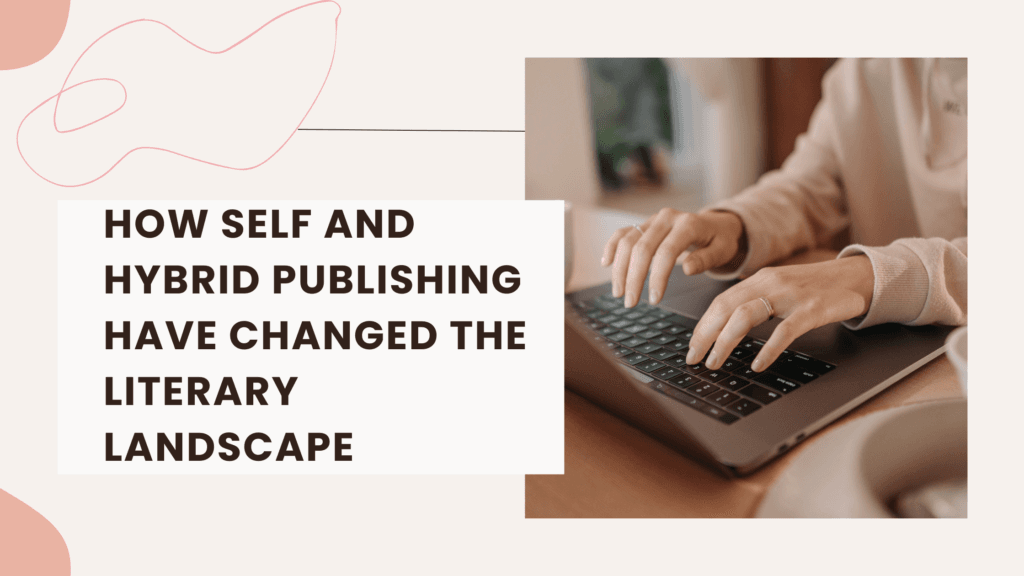In the last few years, the world of publishing and literature has undergone drastic changes. These changes or we should say “evolution” are brought upon by the rise in self-publishing and hybrid publishing. The establishment of these kinds of publishing has totally changed this industry. These models of publishing are a shift from traditional publishing making it possible for authors from different backgrounds to share their work, ideas, and creativity without going the tedious way. Self-publishing and hybrid publishing models give a lot of control and freedom to authors with various options, price flexibility, and quicker turnaround time to bring their creative works to life.
The Dawn of Self Publishing
It was in the early 2000s, when self-publishing emerged and started creating its own space. This was a revolution in the publishing industry in the way books were produced and distributed. Authors no longer needed to run around literary agents and major traditional publishing houses. Instead, they could take matters into their own hands using digital platforms like Amazon Kindle, IngramSpark, etc.
The Rise of Hybrid Publishing
While self-publishing offers a lot of freedom to the authors, it also comes with a lot of challenges. The whole process of editing, formatting, designing, and marketing could be damn overwhelming. This is where hybrid publishing steps in with the perks from both the worlds! It offers a middle ground between the freedom of self-publishing and the support from traditional publishing.
Clever Fox Publishing has emerged as one of the best publishers in recent times providing both these models with various author-friendly options to choose from which has helped countless authors bring their stories to market with confidence and professionalism.
Impact on the Literary Landscape
The impact of self- and hybrid publishing on the literary landscape is undeniable. These models have definitely leveled up this industry by providing the kind of support to authors that were overlooked by traditional publishers.
Additionally, the speed and flexibility of self and hybrid publishing have allowed authors to respond quickly to market trends and reader demands. In the past, it could take years for a book to go from manuscript to bookstore shelf. Now, with the help of platforms like Clever Fox Publishing, authors can see their work published within months, if not weeks.
Conclusion
As Pedro Capo said, “We should be in constant evolution and adapt to the new without ever losing our essence or our integrity.” This is what both these models of publishing bring us. They have transformed the publishing industry yet retained the authenticity the authors and readers want and need. These models show that the future of the publishing industry is bright and full of opportunities for those who are willing to welcome the change.



